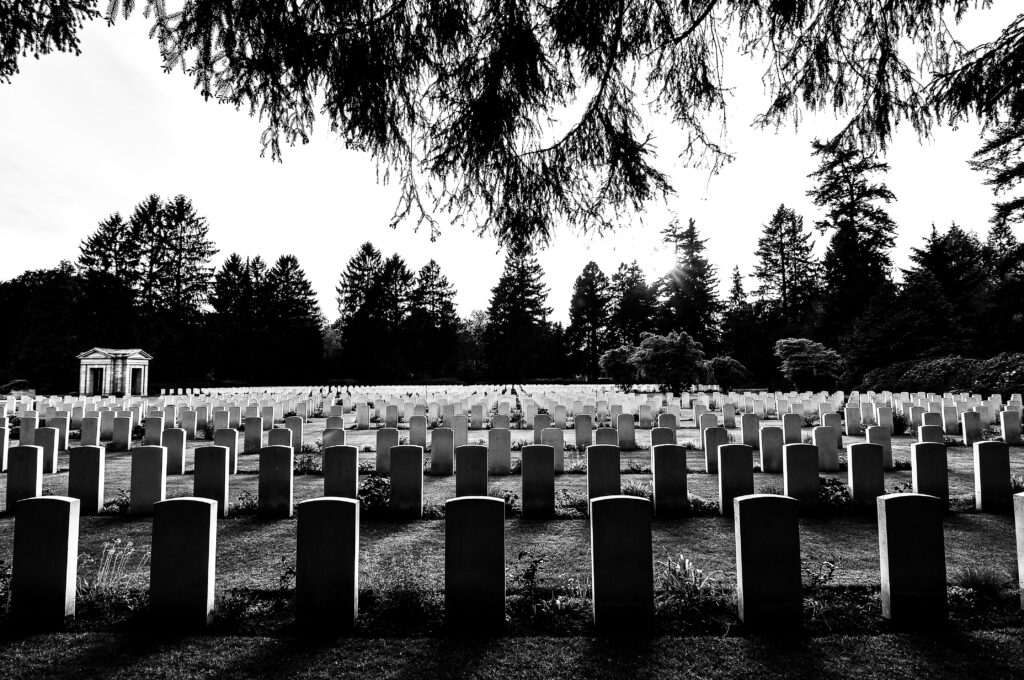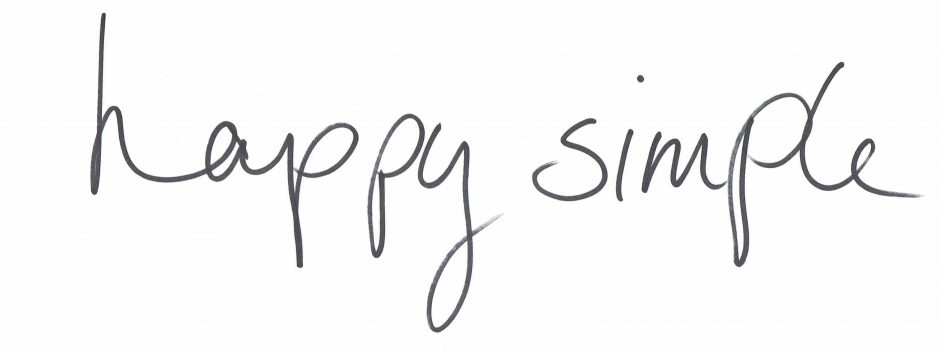
I don’t get out much these days. Between Covid and Inflammatory Arthritis and getting sick from the drugs that are supposed to make the arthritis better but didn’t, I have been more or less housebound this year.
For a little while this Spring, it seemed like the rest of the world was catching up with me. We were all in lockdown, hoping to stop Covid in its tracks.
But then something happened, and more and more people became less and less interested in following the rules. We know what we need to do. We just aren’t willing to do it.
It’s the same story with the Climate Emergency. We know what we need to do, but we aren’t doing it.
We’ve all got excuses for it. I know I should do x, but just this once/because I’m special/I really, really want to…
Somehow, each of us thinks it’s up to everyone else to make the changes necessary to save us. We feel so special, so exceptional. We believe we’re exempt.
We forget that a hundred years from now or, really, much less than that, we’ll be entirely forgotten. All that will be remembered about this time is how we, as a community faced the current crises.
When we think about previous plagues, we don’t tend to think about how Esther Jenkins managed Christmas dinner that year. We just know that a bunch of people whose names we don’t know got sick and died, and then the world recovered, and thank goodness that’s over. We know the numbers of people who died in the wars or the floods or the famines, but how often do we stop to wonder about who those people were as individuals? What were their hopes? Were they afraid? Did they resent the inconvenience of having to change their plans to fit their circumstances? Did they grieve their dead?
Of course they did.
They were no less remarkable than we are now. We’ve just forgotten who they were. To us, they’re just the faceless masses of history.
And we, living in this time, with its multiple crises, are the same. We are amazed at the fortitude of those nameless ones who tried to help each other survive through famine and hardship, the courage of those who sacrificed their dreams in wartime. And we forget that they were people just like us.
It’s hard to be part of history. I much prefer the years when not much of note happens. But here we are, being asked to set a few things aside, make a few changes, give some things up to protect each other. And if we do that, nothing much will stand out. No one will get a medal for staying home or air drying their laundry. But if enough of us do it enough times, the crises will shrink, the curve will flatten, and more of us will live a little longer.
It’s not that none of us is special. We all are. And lovely and deserving of joy. But none of us is that special. None of us is exempt. We are the faceless masses of history. And that is what we’re supposed to be. So maybe let’s revel in the joy of being one among many, lowly, anonymous, essential.
I find great comfort in the thought that when my time on earth is done, I will be forgotten, except by the people who know and love me. And as their time ends, bit by bit, the memory of me will fade, and no one will know I was ever here. It takes a lot of the pressure off. I don’t have to maximize every moment or optimize my potential or anything else the special folk are urged to do. I can just live and love and help those I can.
And right now, that looks like staying home, wearing a mask when I have to go out and air drying my laundry.
Stay safe, my friends. You are important to me.

Photo by davide ragusa on Unsplash
Thanks so much for reading! If you’d like to sign up for my newsletter, you can do so here.





My Mom once said that when we die it’s like taking your hand out of a bucket of water. There’s a ripple or two and then you can’t tell anything was ever there. I’ve been kind of puzzled at how comforting that thought is.